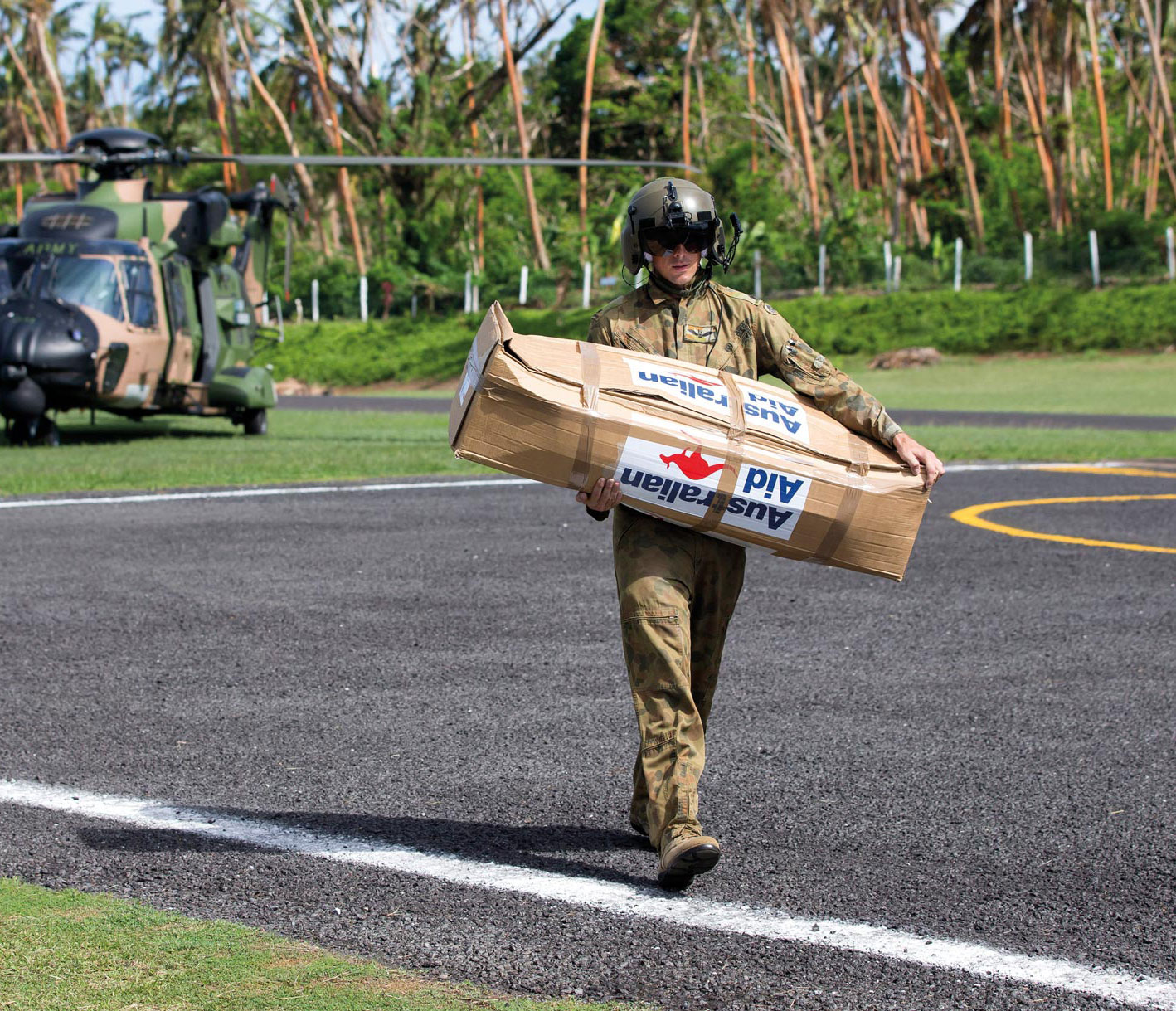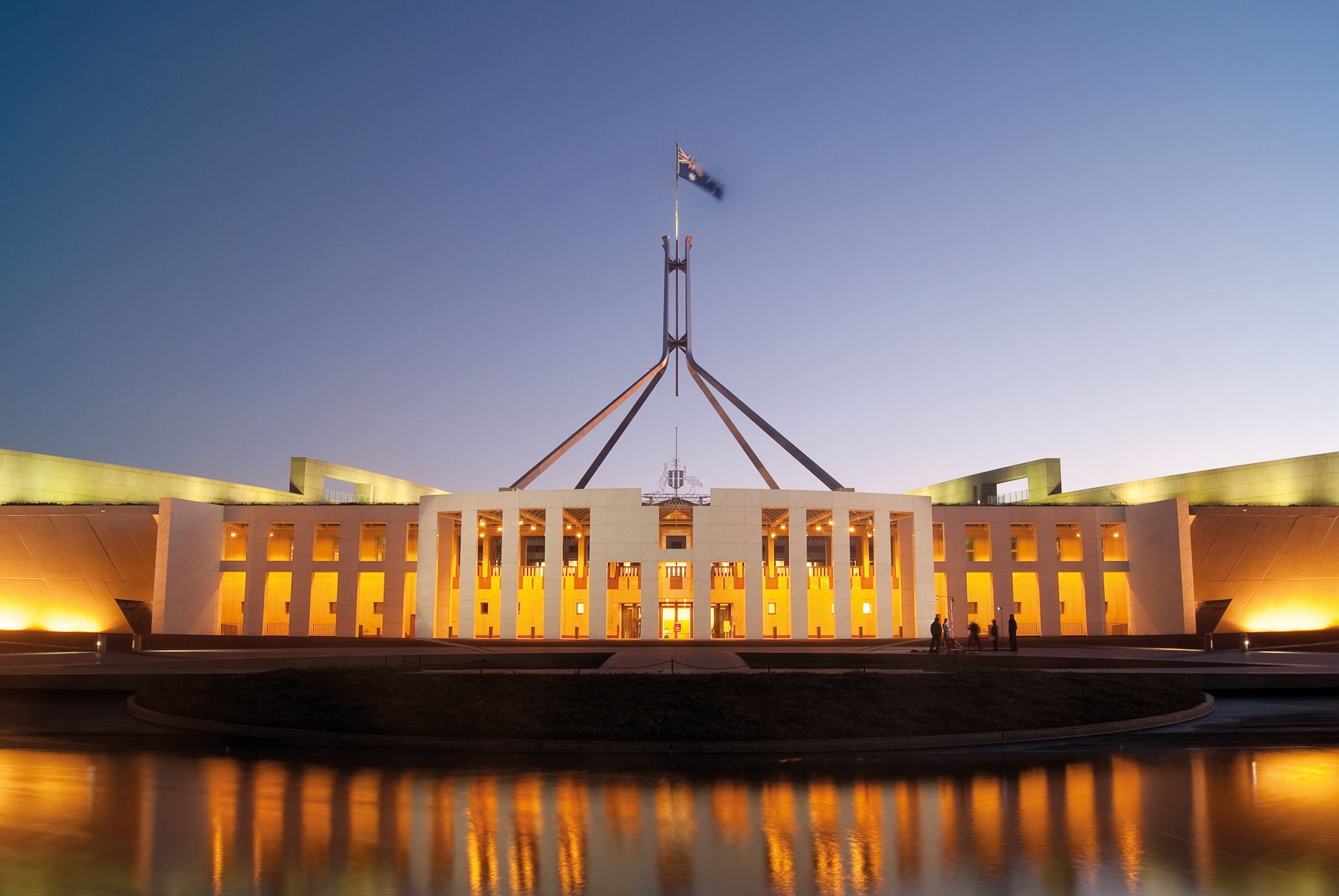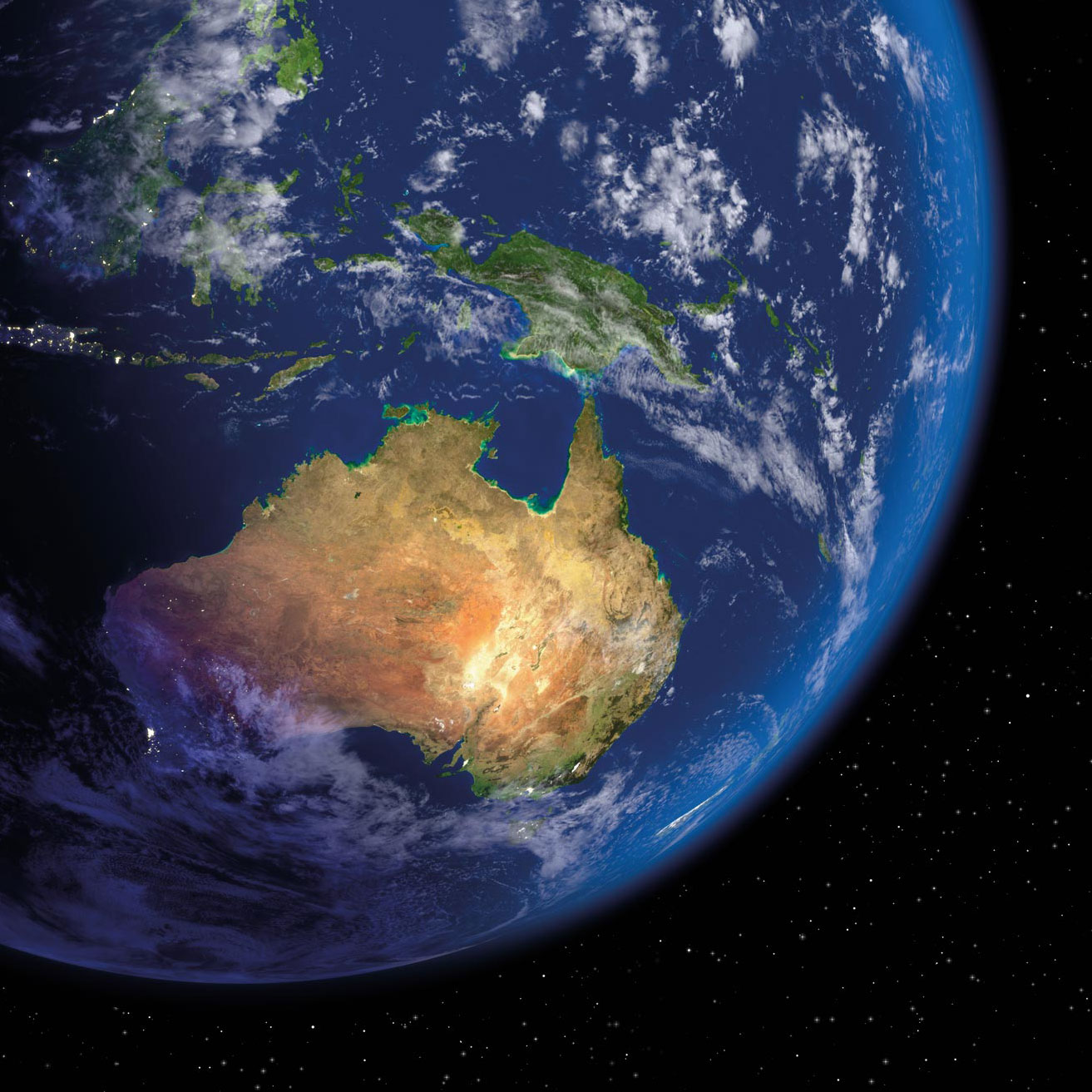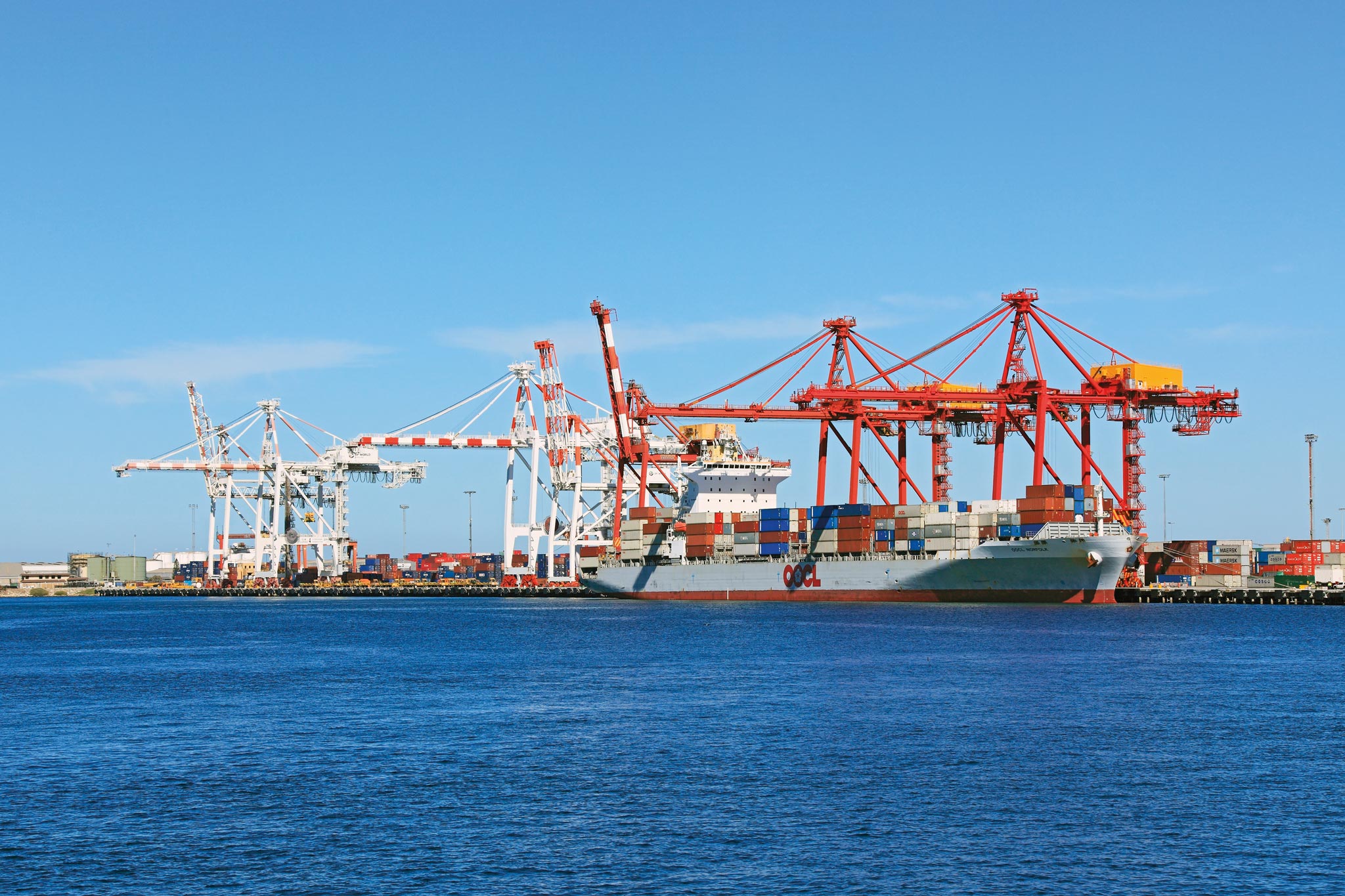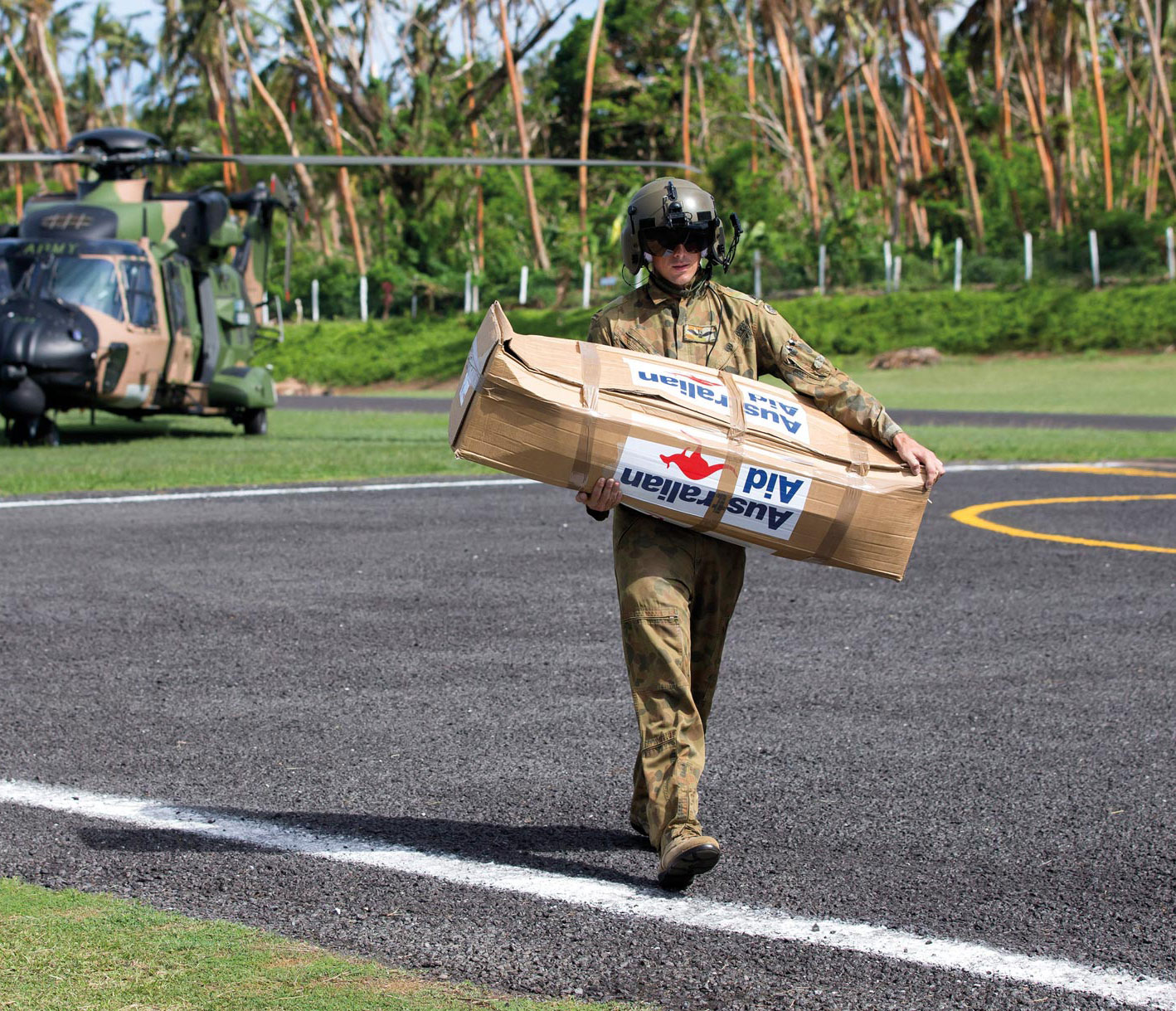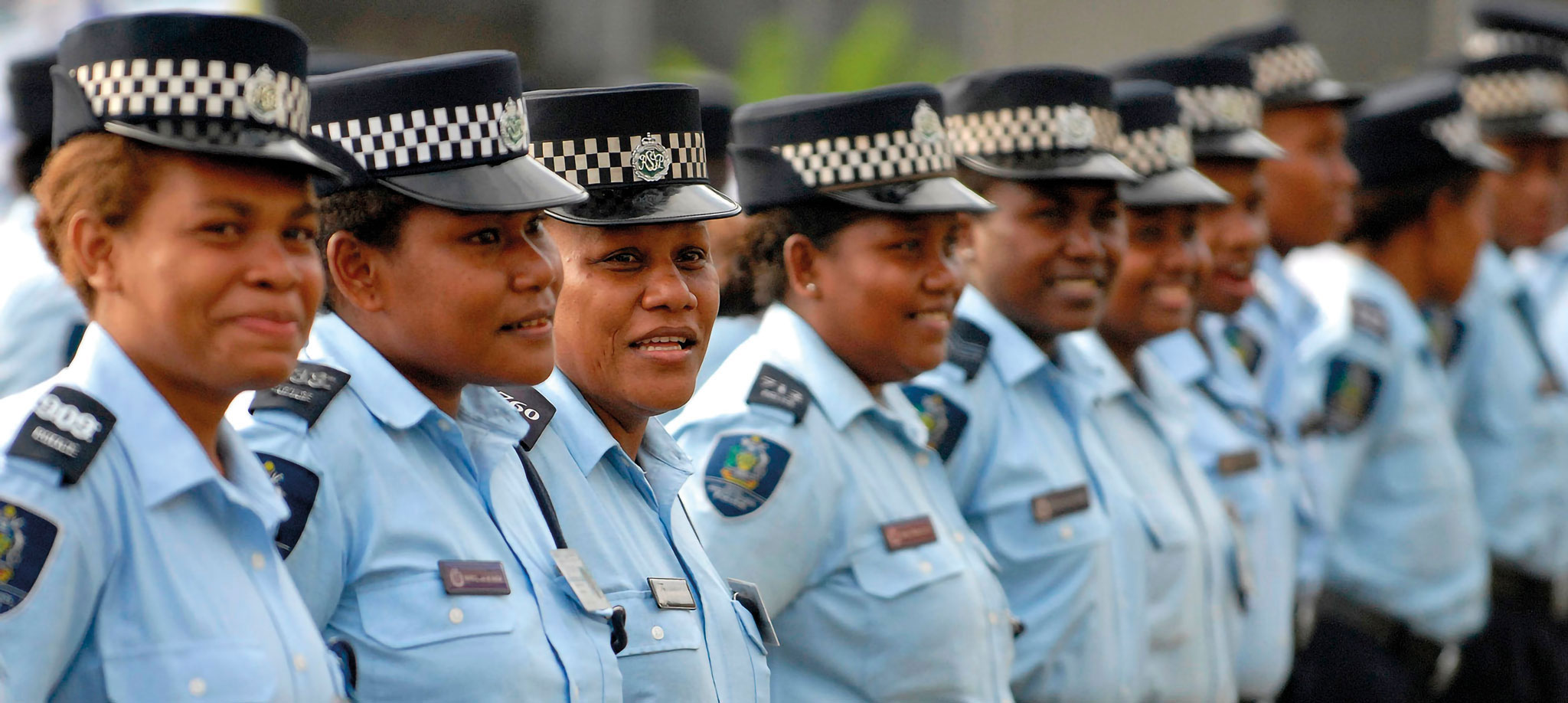Unique among global powers, the United States has built, contributed to and led the post-Second World War international order. It has done this not only in its own interest, but also to create public goods and a global system in which other countries can prosper.
The scope of US interests and the interconnectedness of a globalised world will keep the United States strongly engaged internationally. At the same time, concerns in the United States about the costs of its global leadership, and some of the effects of globalisation, have been growing in recent years. There is greater debate about whether and how the United States should act to sustain parts of the international system.
Australia believes that international challenges can only be tackled effectively when the world’s wealthiest, most innovative and most powerful country is engaged in solving them. Strong and sustained US engagement in the international system, including the United Nations, remains fundamental to international stability and prosperity. Without such engagement, the effectiveness and liberal character of the international order would erode.
Supporting US global leadership, therefore, serves Australia’s national interests. The United States reasonably expects its partners to help bear some of the costs of maintaining the current order. Australia will continue to do so, including through our alliance, broader contributions to regional and global security and the ideas we bring to our multilateral engagement.
At the same time, cooperation with other like-minded partners who support strong rules and institutions is becoming more important. Among these are the United Kingdom, the European Union, Japan, Canada and New Zealand.
The United Kingdom is one of Australia’s most important partners. Its exit from the European Union will change the framework for our engagement but will not alter its foundation. We see this transition as an opportunity to re-invigorate cooperation as the United Kingdom maintains a global role on security and economic issues.
A strong European Union remains vital to Australia’s interests and will be an increasingly important partner in protecting and promoting a rules-based international order. We will continue to cooperate closely with the European Union and its member states on our shared interest in limiting the exercise of coercive power and on challenges such as terrorism, the proliferation of weapons of mass destruction (WMD), sustainable development and human rights. Europe will also continue to be an important partner for Australia in global economic governance. We will further strengthen bilateral relationships with key EU member states, especially France and Germany.
We will continue to engage the North Atlantic Treaty Organisation (NATO) on global security issues, including terrorism. In the face of Russia’s destabilising activities, NATO—and strong transatlantic ties more broadly—is now more important to security in Europe than at any time since the end of the Cold War.
Given its international role and reach, Russia’s policies affect Australia both directly and indirectly. We will deal carefully with Russia to advance our interests where we see scope. Equally, Australia will work with partners to resist Russia’s conduct when it is inimical to global security. Australia remains particularly concerned by the downing of flight MH17 and Russia’s annexation of Crimea and intervention in eastern Ukraine.
Australia will intensify our work on global issues with the countries of the Indo–Pacific, including to ensure multilateral institutions are focusing on our region. We already cooperate closely with Japan on issues such as WMD proliferation and UN reform. Recognising that China’s influence in the multilateral system continues to grow, Australia will seek to work more closely with China in response to global challenges. We are also committed to ensuring multilateral processes and institutions factor the interests of Pacific island countries into decision-making.
The 54 countries of Africa, as well as the countries of the Middle East and Latin America, will remain important to achieving our objectives in the multilateral system, including in relation to peacekeeping, conflict prevention and responding to humanitarian crises.
Israel is also an important partner for Australia, with our bilateral ties underpinned by people-to-people links. The security of Israel will remain an abiding concern for Australia. Given major differences between the parties, resolving the Israeli–Palestinian conflict will remain very difficult. Australia will continue to advocate a two-state solution as the only viable path to peace.
We will look for opportunities to work in partnership with emerging powers, including in cross-regional coalitions. Our work in MIKTA (Mexico, Indonesia, Korea, Turkey and Australia) underlines the potential of plurilateral cooperation.
Australia will also work in smaller, issues-based groups and coalitions where necessary to protect our interests. For example, we work to harmonise export controls to prevent the development of chemical and biological weapons through our leadership of the Australia Group.
